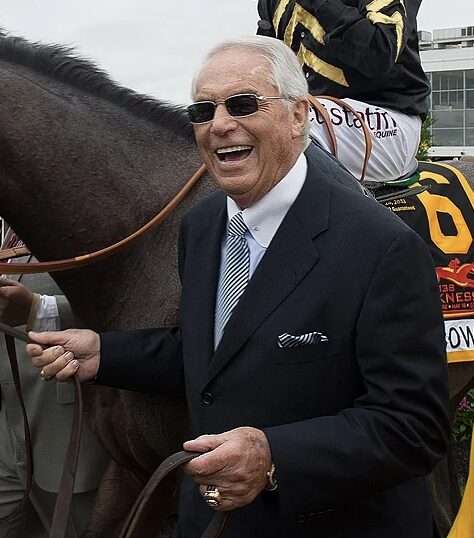
Saying they’ve heard the call to fix Kentucky’s exploding heroin epidemic, state Senate members passed a bill without opposition that would provide more treatment for abusers while increasing penalties for dealers.
“It is no secret to the members of this body, those in the audience or the people of the commonwealth that heroin use has reached epidemic levels here in Kentucky,” said Sen. Christian McDaniel, R-Taylor Mill, who introduced the legislation known as Senate Bill 5. “Its use and distribution have become a major issue for our citizens, our employers and our families. We frequently cite the fact that heroin-related overdoses have more than tripled in the past three years. What we don’t mention is the unspoken path of additional destruction.
“We don’t talk about the careers that are ruined, parents and spouses who are left hopeless and bankrupt trying to help their loved ones. And we don’t talk about the hundreds of children without one, and in some cases, both parents.”
The bill calls for an additional $13.3 million for treatment programs. County jails would get $7.5 million to administer treatment programs for their inmates. Community mental health centers would get the remaining $5.8 million to fund treatment programs for addicts not locked up. To help state officials monitor heroin abuse and measure its response, the bill increases reporting requirements for deaths related to heroin abuse and how treatment beds are being allocated.
It further provides for administration of naloxone, a medication used to counter the effects of an overdose, by first responders and provides immunity for those individuals and their employers when this life-saving drug is administered. In 2009, the Louisville-Metro EMS administered naloxone 24 times, McDaniel said. In 2014, the first responders in that same community administered naloxone 550 times.
The bill also provides the ability for police officers to not charge suspects who are truthful about whether they have needles or other sharp objects on them during a search.
On the punishment end, the bill reduces the quantity of heroin or fentanyl, a synthetic opioid often unknowingly substituted for heroin, someone has to possess to be charged with trafficking. The bill also requires someone convicted of trafficking to serve 50 percent of a sentence before being eligible for parole.
Sen. Wil Schroder, R-Wilder, said the bill will address the lack of treatment availability in many parts of the state.
“This was an issue I dealt with day after day,” he said, in reference to his former career as a felony prosecutor. “I’m excited about this bill, not just because of the trafficking levels but the second part of it – the treatment side.”
The freshman senator said while it was only his third day on the job, he has a feeling one of his greatest moments, in what he hopes is a long career in public office, will be the day he voted for the bill.
Senate President Robert Stivers II, R-Manchester, said the fact the heroin legislation was the first bill voted out of the chamber shows how everyone came together to work toward a complicated solution.
“This is not a Democrat or Republican issue,” he said. “It is a Kentucky issue.”
Sen. Robin Webb, D-Grayson, a criminal defense lawyer, expressed concern that a section of the omnibus bill – referred to as the Good Samaritan provision – to shield heroin addicts from being prosecuted if they report an overdose might not be honored by prosecutors.
She was also concerned with the mandatory minimum sentences required under the bill. She recounted an Iraq combat veteran addicted to heroin. That client would be sent to prison instead of being referred to a special program for veterans who find themselves in trouble with the law, under the proposed law.
“I don’t want to preclude options for individuals like her,” Webb said, “and require incarceration that isn’t beneficial.”
Sen. Morgan McGarvey, D-Louisville, said his fellow senators should be open to revisions of the bill.
“There are previsions of this bill that are open for debate about how we truly tackle the heroin problem,” he said, adding that naloxone should be made available to more than first responders.
Sen. John Schickel, R-Union, a former jailer and federal marshal, said the bill just increases the penalties for trafficking heroin to 1990 levels. Penalties were lowered several years ago as part of judicial reform.
“This definitely is an emotional issue,” he said. “There is no question about it. It is very emotional in my home community, and it is something we have been wrestling with for three years.”
The bill was endorsed by the Northern Kentucky Heroin Impact Team, Kentucky Association of Professional Firefighters, state Fraternal Order of Police, Northern Kentucky Chamber of Commerce, Kentucky League of Cities and the Kentucky Jailers Association.
The bill will now go to the state House for consideration.
From Legislative Research Commission

















